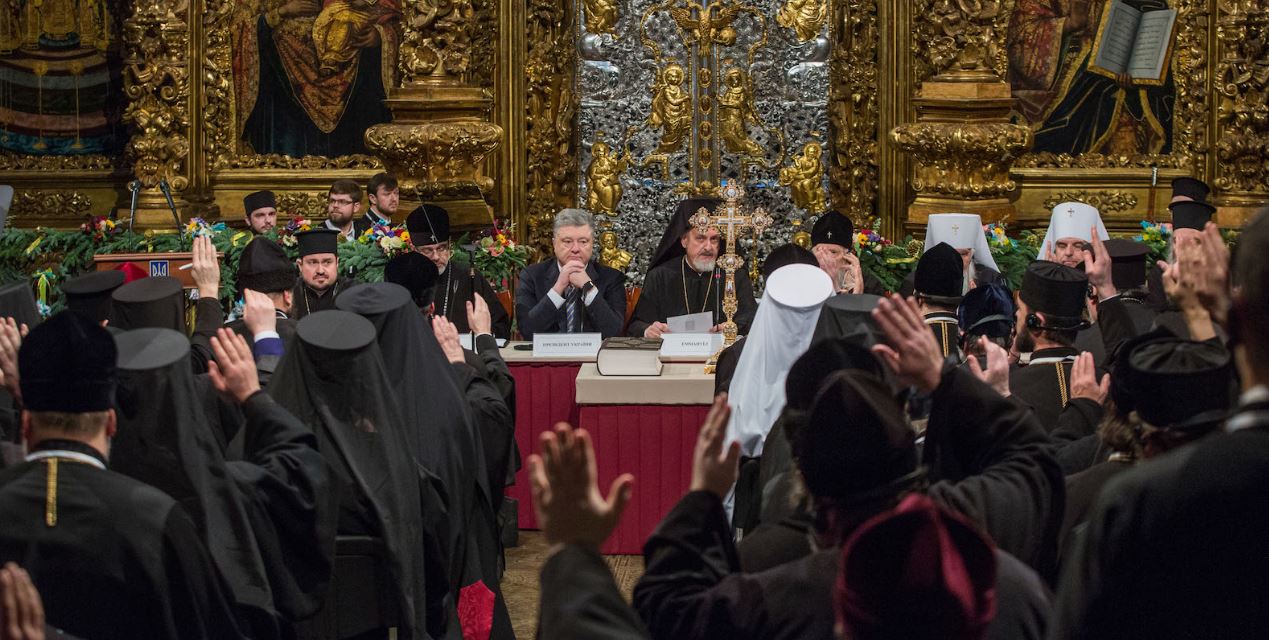Drawing on the description of the Russian and Ukrainian order of battle offered by Viktor Shevchuk in his article for “Russky yevrey,” Konstantin Zelfanov says that “the forces of the Russian army are insufficient for a breakthrough and creating a corridor to Crimea and thus such plans are hardly likely to be realized in the near term.” That has led to some loose talk about a nuclear action.
Shevchuk’s article is available here, and Zelfanov’s even more detailed order of battle can be found here.
Even if the losses of the Russian army and the Ukrainian army are equal, Zelfanov suggests, “the Russian army in order to establish a corridor would lose about 15,000 killed and wounded before the losses of the Ukrainian forces would be reduced to 60 percent” of their current capacity.
And that, he continues, “is without taking into account the significant portion of the forces of the Russian army” which would be in places where Ukrainian aviation and anti-aircraft forces would enjoy superiority, something that would increase Russian losses even more during such a campaign.
“In this situation, potentially, the losses would be about 25-30,000 Russian soldiers and mercenaries killed and wounded in the first week of military operations. BUT” even more significantly, Zulfanov adds, “during this week the Ukrainian army would already be able to reform and throw additional reserve forces” against the Russian advance.
That would increase Russian losses still further. And consequently, “the Russian amry just in the course of the first two weeks would lose about 35,000 killed.” In sum, Russian forces would lose hundreds of lives each day the conflict continued.
Thus, Zulfanov concludes, the result would be that “the Russian operation for breaking through and creating a land corridor to Crimea and also expanding the territory seized by the militants in the Donbas would cost more than 40,000 killed and wounded Russian military personnel, more than 120 military planes, and about 700 pieces of heavy military equipment.”
And these losses would occur “IN THE COURSE OF A SINGLE MONTH of military actions” in Ukraine and total “more than the USSR lost in Afghanistan over ten years of military actions there” and thus, together with the losses Russia has already taken in Ukraine, they would be “more than the losses of the USSR in any military conflict” since 1945.
Such prospects should certainly give some in Moscow pause given that such a campaign would mean that “tens of thousands of families in Russia would remain without husbands, fathers, and children, [that] the streets of [Russian] cities would be filled by legless and armless invalids,” and that many Russians would be told that their relatives had “died in exercises” or from “heart attacks” to try to conceal the disaster.
“Any thoughtful person, looking at these figures,” Zulfanov says, will understand that an attempt to expand military actions and intensify aggression will lead to the collapse of the Russian state, its economy and so on.”
Zulfanov’s analysis is likely far too optimistic with regard to what the Ukrainian military could do if and when Putin orders his army to resume its invasion. But at the same time, he is certainly correct that the Kremlin has to be thinking about the losses Russia would suffer – and even more about how Russians might react if they had to pay such a price for Putin’s policies.





